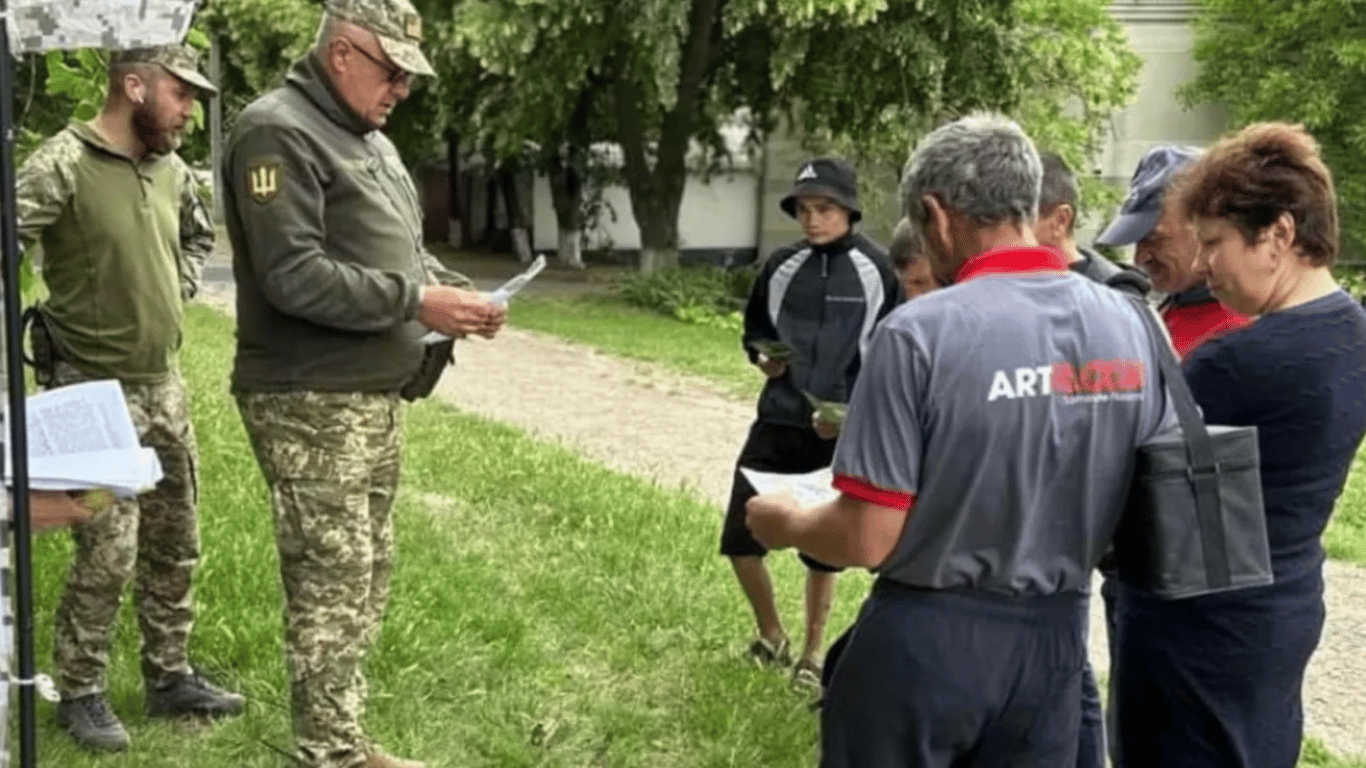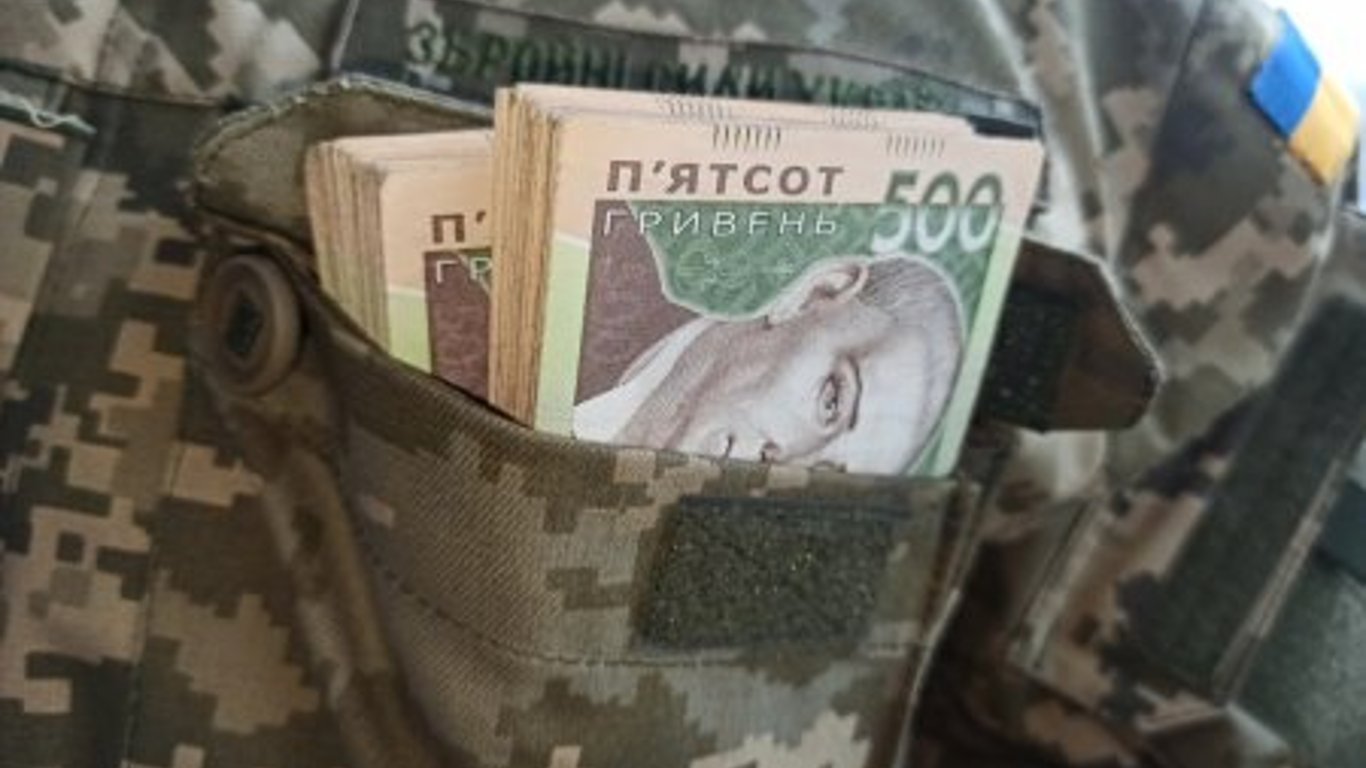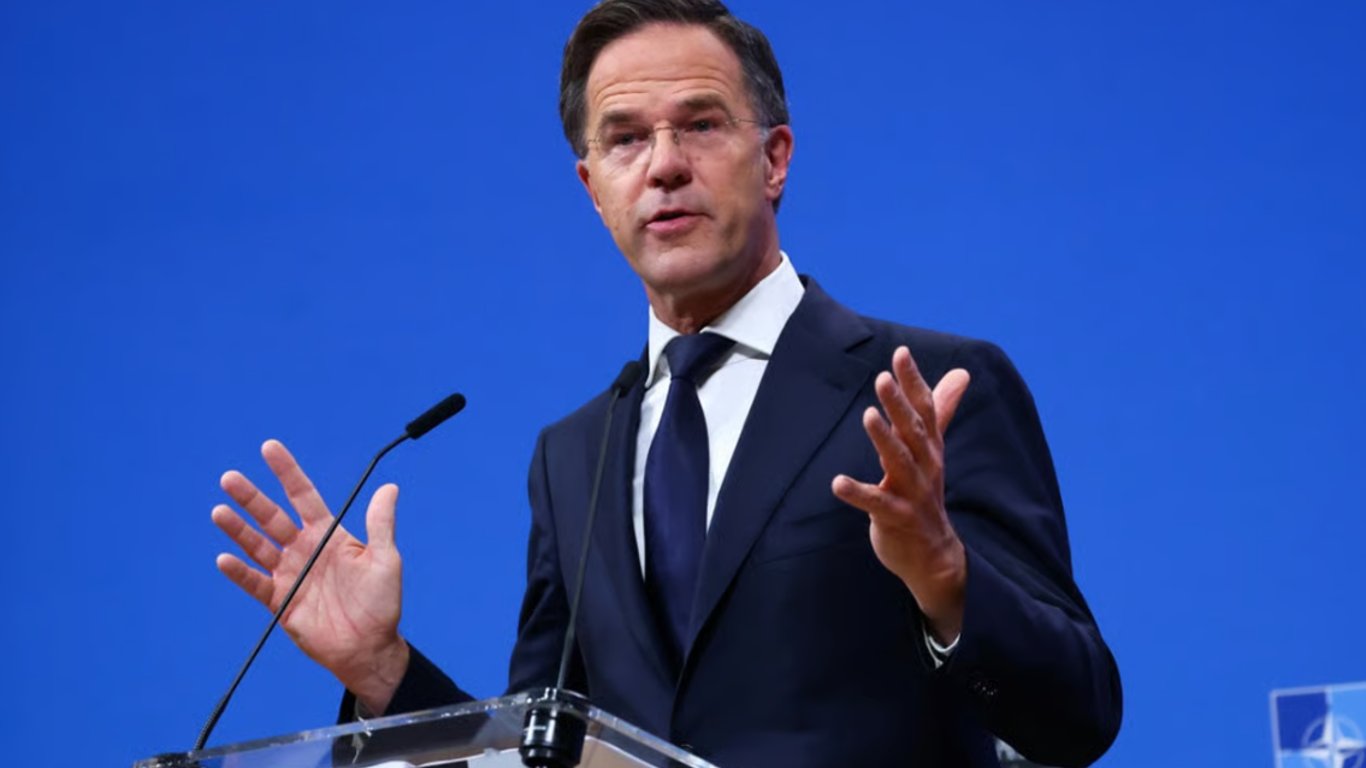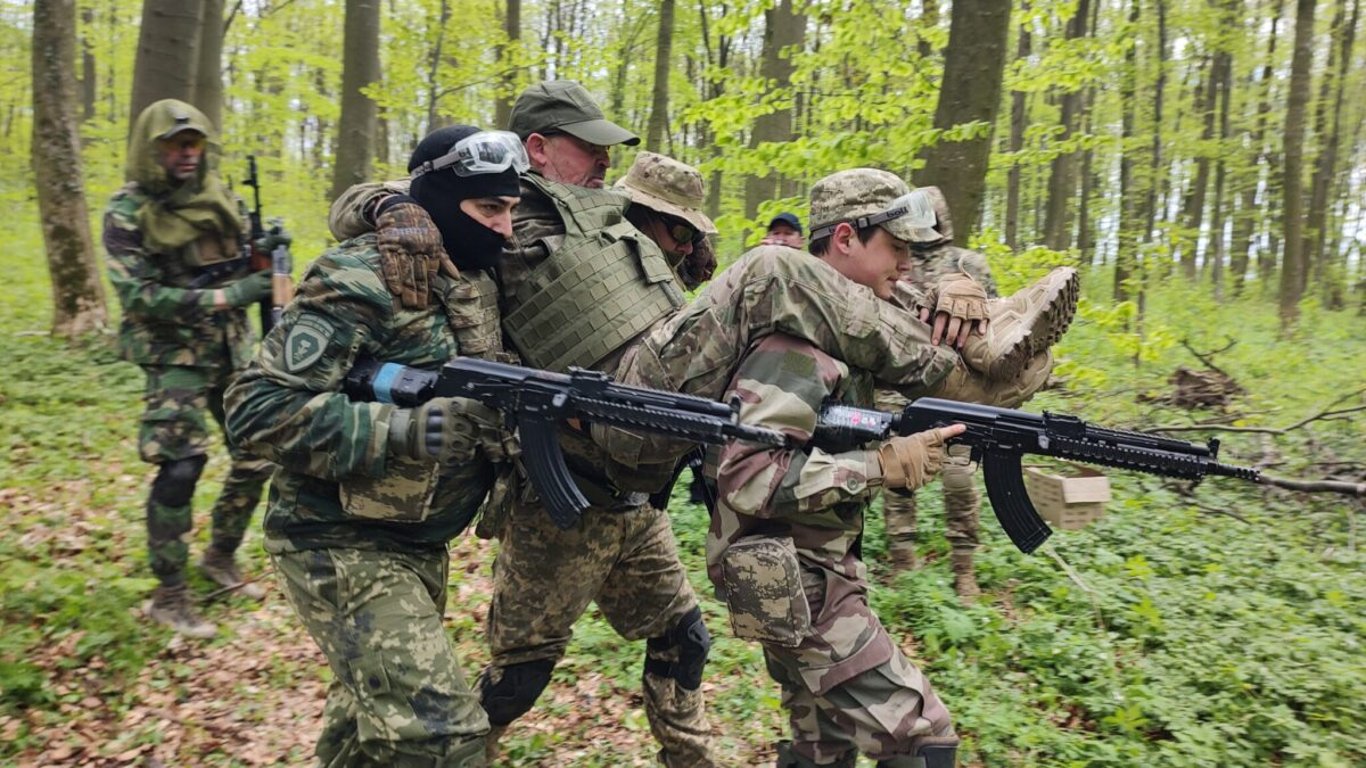"Ugly world" or "eternal war": what Zelensky's victory plan could lead to.

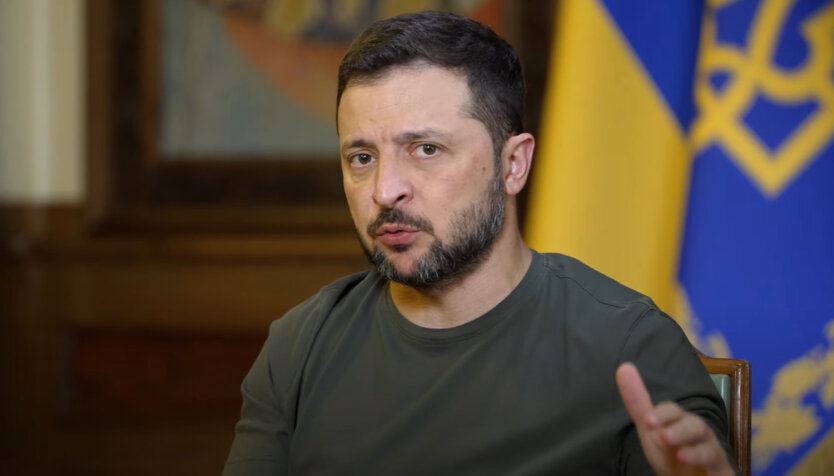
On the eve of his speech at the UN General Assembly and meeting with US President Joe Biden, Ukrainian President Volodymyr Zelensky prepares to present his new "victory plan" in the conflict with Russia. This event raises an uncomfortable question for Western allies: what does "victory" really mean in this protracted confrontation.
This was written by columnist Mark Galeotti in an article for The Sunday Times.
He notes that Zelensky's Plan, according to available information, covers several key areas, including Ukraine's security guarantees, future relations with the EU and NATO, continued military and economic support, and a post-war recovery strategy. US officials familiar with the general outlines of the plan call it "practical." However, it remains unclear whether this is a detailed roadmap or rather a broad vision of the desired future.
The new plan should be seen in the context of Zelensky's previous ten-point peace plan, unveiled in November 2022. That plan included a demand for President Putin to stand trial for war crimes—a point that Moscow is unlikely ever to accept. Experts believe that the new plan, like the previous one, is aimed not only at resolving the conflict but also at strengthening Western support for Ukraine.
Despite rhetoric about unwavering support, Western countries face a number of problems. "Ukraine fatigue" is growing, especially in Europe, where some countries are beginning to contemplate the possibility of an "ugly world." The lack of a unified understanding of what "victory" means, doubts about the possibility of fully regaining all territories militarily, and questions about the long-term sustainability of the current level of support (over £170 billion so far) create a complex backdrop for diplomatic efforts.
Importantly, Western support has its limitations. For example, the US government is hesitant about allowing the UK and France to permit Ukraine to use the Storm Shadow missiles they supplied to strike strategic targets deep within Russia. Although London is still confident that permission will be granted, possibly this week after Zelensky's trip to the US, Kyiv sees this as a convincing illustration of the conditionality of Western support.
Zelensky categorically rejects ideas of a ceasefire or "freezing the conflict." His influential adviser Mykhailo Podolyak has also ruled out the possibility of conceding any territory to Russia. However, experts note that without negotiations, the conflict risks turning into an "eternal war" with periods of escalation and temporary truces.
The key issue is security guarantees for Ukraine. Kyiv sees NATO membership as the only reliable guarantee, but the alliance is not yet ready to name specific timelines for possible accession. At the July NATO summit, it confirmed that "Ukraine's future is in NATO," but there were no specific commitments. Interestingly, some experts do not rule out the possibility that Ukraine may consider developing its own nuclear capability if it does not receive reliable security guarantees.
Ukraine seeks to join the European Union, seeing it as a path to economic integration and political stability. However, when it comes to security, the EU treaty, while including mutual security guarantees, is not perceived by Kyiv as a sufficiently reliable protection mechanism. More importantly, Moscow also does not see these guarantees as a serious deterrent.
Instead, Ukraine views NATO's Article 5 mutual defense guarantee as the only truly reliable protection. Article 5 of the North Atlantic Treaty stipulates that an attack on one member of the alliance is considered an attack on all, ensuring collective defense. It is this guarantee that Kyiv believes has the necessary authority and deterrent power.
A recent operation by Ukrainian forces in Russia's Kursk region is seen by some analysts as a tactical move by Kyiv aimed at making the idea of a ceasefire less attractive to Moscow, as it would leave part of Russian territory under Ukrainian control.
The domestic political situation in Ukraine also plays an important role: as one Ukrainian official admitted, Zelensky is aware that nationalist forces may try to overthrow him if he starts talking about concessions. This adds additional pressure on the president in his diplomatic efforts.
It is also worth noting the international context: the possibility of Donald Trump's election in the US, who declares his intention to end
Read also
- Trump reacted to media publications about his permission to strike Moscow
- Acceleration of the Special Tribunal - the president held a meeting with diplomats
